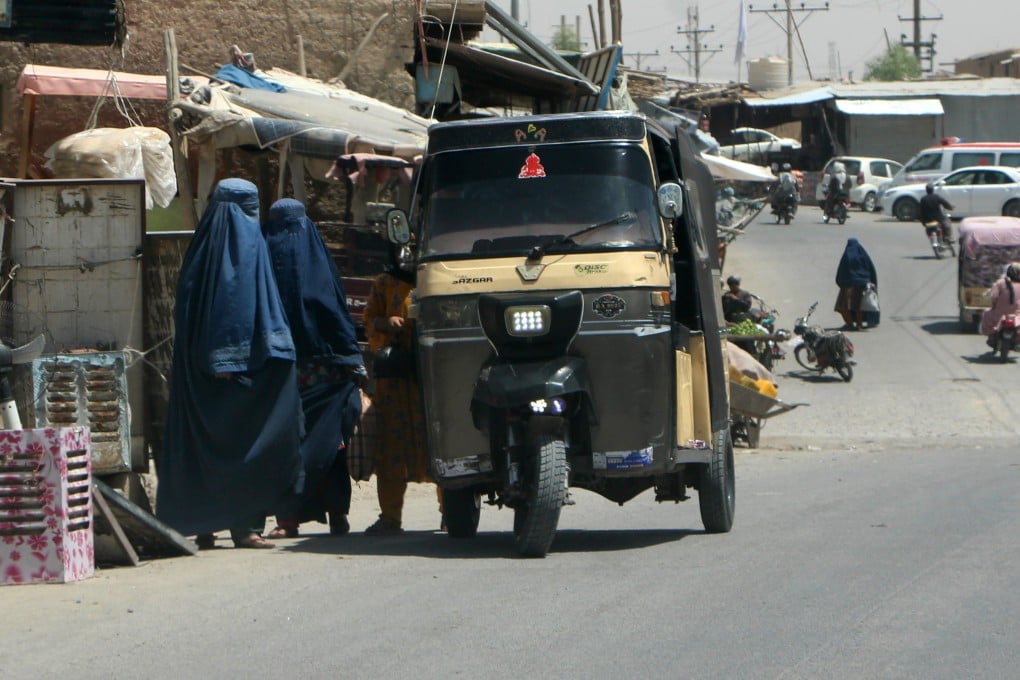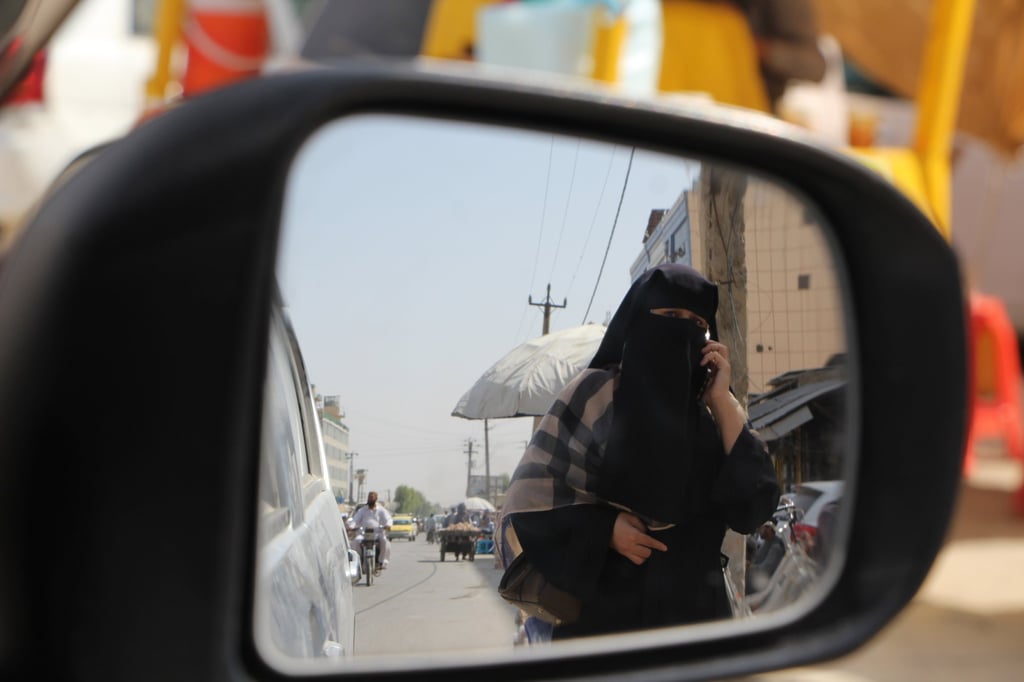Taliban codify morality laws requiring Afghan women to cover faces, men to grow beards
- This week’s morality laws were the seventh set of codified laws, with others relating to property, financial services

The rules, promoted as in line with Islamic sharia law and to be enforced by the morality ministry, were based on a decree by the Taliban’s supreme spiritual leader in 2022 and were now officially published as law, a Justice Ministry spokesman said.
The morality ministry, formally called the Ministry for the Prevention of Vice and Propagation of Virtue, has already been enforcing similar morality requirements and says it has detained thousands of people for violations. It was not immediately clear whether publication of the rules would lead to stronger enforcement.

Western capitals, led by Washington, have said the path to formal recognition of the Taliban is largely stalled until they reverse course on women’s rights and open high schools to girls.
The Taliban say they respect women’s rights in accordance with their interpretation of Islamic law and local customs and that they are internal matters that should be addressed locally.
The 35-article morality law was officially enacted and published on Wednesday after being ratified by Supreme Spiritual Leader Haibatullah Akhundzada, justice ministry spokesperson Barakatullah Rasoli said.
“According to this law, the ministry (for Prevention of Vice and Propagation of Virtue) is obligated to promote good and forbid evil in accordance with Islamic sharia,” the justice ministry said in a statement.
